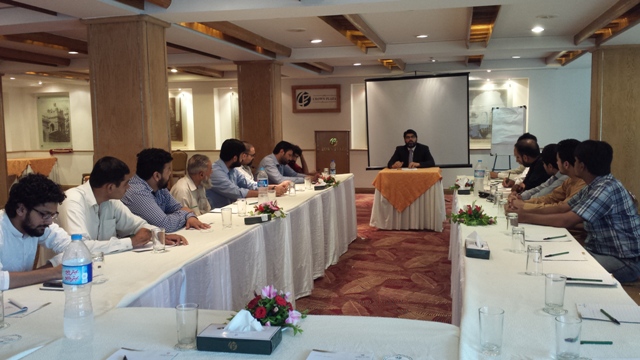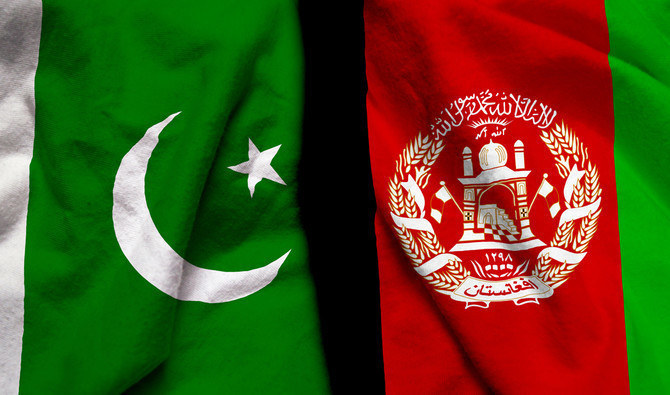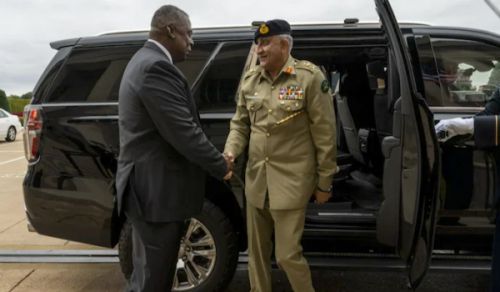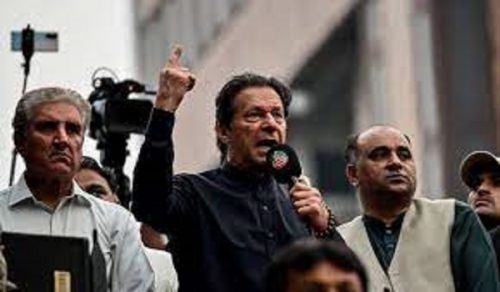Pakistan Needs a Radical Islamic Change for Economic Independence

Monday, 18 Shabaan 1435 AH 16/06/2014 CE N0: PN14038
Press Release
Hizb ut-Tahrir held post budget 2014-15 seminars across Pakistan
Pakistan Needs a Radical Islamic Change for Economic Independence
Hizb ut-Tahrir Wilayah Pakistan held post budget 2014-15 seminars across Pakistan in Peshawar, Islamabad, Lahore and Karachi. These seminars were attended by bankers, industrialists, traders and journalists. Members of Hizb ut-Tahrir addressed these gatherings and highlighted three major aspects of the Budget 2014-15. These three aspects were Taxation, foreign exchange reserves verses stability of Pak Rupee and energy policy.
Speakers criticized the heavy taxation measures imposed on the Ummah in the current budget on the dictation of the IMF. They said that Islam has stipulated that only taxes, which have a Shari evidence, can be levied upon the Ummah. Any tax which does not have a Shari evidence cannot be levied upon the Muslims by the Islamic State. Islam has its own unique taxes such as Ushar, Kharaj, Jizya, Zakah on goods and merchandise etc. The speakers highlighted that a review of Islamic rulings related to taxation reveals that Islam’s taxation policies are wealth based instead of transactions based. The speakers criticized the policy of financing fiscal deficits with foreign interest based loans which are not only prohibited in Islam but which open the doors of political and economic interference from Western Colonialists.
On Foreign Reserves the speakers severely criticized the policy of linking the stability of domestic currency with dollar holdings. Speakers highlighted the Islamic view towards monetary policy which rejects fiat currency and insists that the Islamic state adopt the bi-metallic Gold & Silver Currency. Making Gold and Silver the currency of the state, ensures stable exchange rate internationally and protects the local population from inflation. Moreover by delinking the currency from the dollar and moving to the metallic standard, Pakistan would be protected from adverse impacts due to volatility and instability of international currency markets as Gold and Silver hold an intrinsic value as opposed to currencies like dollar who are sensitive to currency market volatilities and political instability.
Speakers criticized the government policy of foreign investment in energy sector and the privatization of power generation and its distribution companies. They said this policy apart from being prohibited in Islam, benefits the foreign investors who reap maximum profits at the cost of general population. The energy sector is a public property in Islamic economic system and cannot be privatized.
At the end an interactive question and answer session was held. Also book stalls exhibiting the books “Economic System of Islam” and constitution of Khilafah state “Muqadma Dastoor” in Urdu were on display.
Media Office of Hizb ut-Tahrir in the Wilayah of Pakistan
حزب التحریر نے پاکستان بھر میں پوسٹ بجٹ15-2014سیمینارمنعقد کیے
معیشت کی آزادی کے لیے پاکستان کو ایک انقلابی اسلامی تبدیلی کی ضرورت ہے
حزب التحریر ولایہ پاکستان نے پشاور، اسلام آباد، لاہور اور کراچی میں پوسٹ بجٹ 15-2014سیمینار منعقد کیے۔ ان سیمیناروں میں بنکاروں، صنعت کاروں، تاجروں اور صحافیوں نے شرکت کی۔ حزب التحریر کے اراکین نے ان اجتماعات سے خطاب کیا اور بجٹ 15-2014کے تین اہم موضوعات ٹیکس، زرمبادلہ کے ذخائر بمقابلہ روپے کی قدر میں استحکام اور توانائی کی پالیسی پر اظہار خیال کیا۔
مقررین نے بجٹ میں آئی۔ایم۔ایف کی ہدایت پرامت پر بھاری ٹیکسوں کے عائد کیے جانے پر شدید تنقید کی۔ انہوں نے کہا کہ اسلام میں صرف وہی ٹیکس امت پرعائد کیے جاسکتے ہیں جن کی شرعی دلیل ہو۔ کوئی بھی ٹیکس جس کی شرعی دلیل نہ ہو اسے اسلامی ریاست امت پر عائد نہیں کر سکتی۔اسلام کا اپنا ایک منفرد ٹیکس کا نظام ہے جس میں عشر، خراج، جزیہ اور مختلف اشیاء پر زکوۃ شامل ہے۔ مقررین نے کہا کہ اسلام کے ٹیکس سے متعلق احکامات پر غور کرنے سے یہ معلوم ہوتا ہے کہ اسلام میں ٹیکس دولت پر لگایا جاتا ہے نہ کہ ہر مالیاتی و تجارتی سودے پر۔ مقررین نے مالیاتی خسارے کو بیرونی سودی قرضوں سے پورا کرنے کی پالیسی پر تنقید کی اور کہا کہ ایسے قرضے نہ صرف اسلام میں حرام ہیں بلکہ یہ مغربی استعماری طاقتوں کو ہمارے سیاسی و معاشی معاملات میں مداخلت کا موقع بھی فراہم کرتے ہیں۔
زرمبادلہ کے ذخائر اورروپے کی قدر میں استحکام کے حوالے سے مقررین نے مقامی کرنسی کو ڈالر کے ساتھ منسلک کرنے کی پالیسی پر تنقید کی۔ مقررین نے کہا کہ اسلام کی مالیاتی پالیسی میں ایسی کرنسی کا کوئی وجود نہیں جس کی بنیاد کسی قیمتی دھات پر نہ ہو۔ انہوں نے کہا کہ اسلامی ریاست سونے اور چاندی کو کرنسی قرار دیتی ہے۔ سونے اور چاندی کو ریاست کی کرنسی قرار دینے سے بین الاقوامی طور پر کرنسی کے تبادلے میں استحکام آتا ہے اور مقامی آبادی افراط زر سے محفوظ ہو جاتی ہے۔ اس کے علاوہ کرنسی کے تعلق کو ڈالر سے توڑ کر اور سونے اور چاندی کو کرنسی قرار دینے سے پاکستان کرنسی کی بین الاقوامی مارکیٹوں میں ہونے والے اتار چڑھاؤ سے محفوظ ہو جائے گا کیونکہ سونے اور چاندی کی اپنی ایک منفرد قدر ہوتی ہے جبکہ ڈالر کی قدر کا تعین سیاسی و معاشی حالات اور کرنسی کی مارکیٹ کرتے ہیں۔
مقررین نے حکومت کی توانائی کے شعبے میں بیرونی سرمایہ کاری اور بجلی کی پیداواری اور تقسیم کار کمپنیوں کی نجکاری کی پالیسی پر بھی تنقید کی۔ انہوں نے کہا کہ جہاں ایک طرف یہ پالیسی اسلام کی رو سے حرام ہے وہیں اس کا مقصد صرف اور صرف بیرونی سرمایہ کاروں کو یہ موقع فراہم کرنا ہے کہ وہ عوام کے معاشی استحصال کی قیمت پر زیادہ سے زیادہ نفع کمائیں۔ اسلام نے توانائی کے شعبے کو عوامی ملکیت قرار دیا ہے اور اسے کسی صورت نجی شعبے کے حوالے نہیں کیا جاسکتا۔
سیمینارز کے اختتام پر سوال و جواب کی نشست منعقد کی گئی ۔ اس کے علاوہ کتابوں کا ایک سٹال بھی لگایا گیا تھا جہاں پر اردو کتب “اسلام کا نظام اقتصاد” اور ریاست خلافت کا آئین “مقدمہ دستور” رکھیں گئیں تھیں۔
ولایہ پاکستان میں حزب التحریر کا میڈیا آفس






